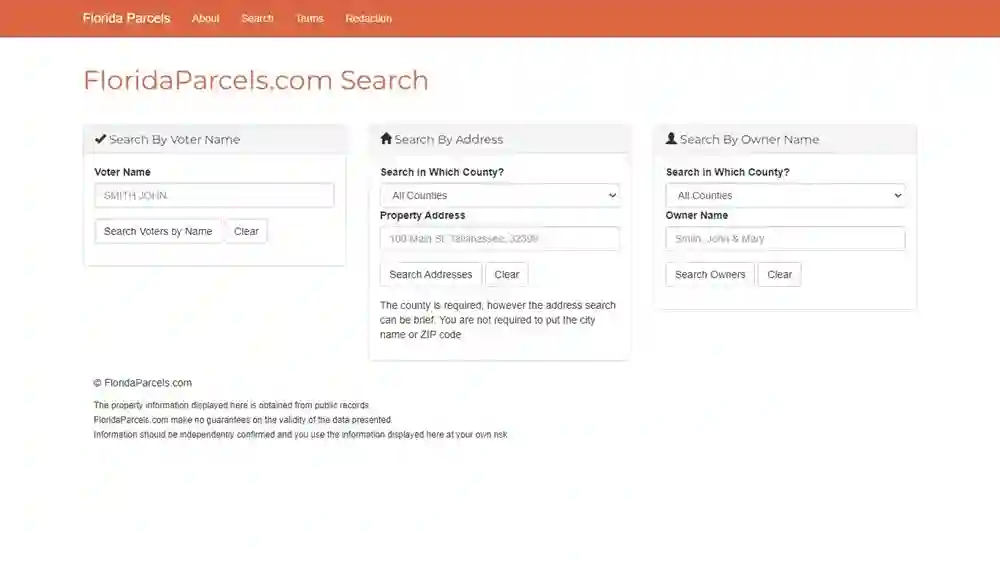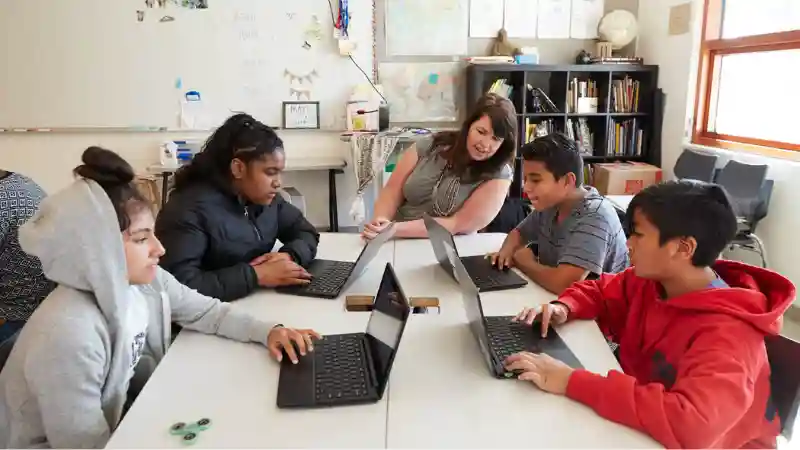Alright, let’s talk about something that’s kinda cool but also lowkey creepy: finding people in the Sunshine State. Yep, whether you’re hunting down that long-lost cousin, trying to figure out if your old neighbor really moved to Tampa, or you’re just nosey (no judgment), a Florida resident directory is your new best friend.
Let’s dive into the messy, quirky, very human world of looking people up — Florida-style.
Why You’d Even Want To Use A Florida Resident Directory
Okay, first off. You’re not a weirdo for wanting to look someone up. Well… maybe a tiny bit. But we’ve all done it.
Here’s a few real reasons someone might turn to a Florida resident directory:
- Trying to reconnect with an old friend (or ex… no shame).
- Finding out who owns that super weird-looking property next door.
- Checking if that “Tina from Tallahassee” is the same Tina who ruined your middle school birthday party (still salty).
- Verifying someone’s info before hiring them or going on a blind date. Safety first, right?
Honestly, I used one once just to see if my old childhood neighbor still lived in the same spot. He didn’t. But it led me down a rabbit hole of Florida listings for three hours.
What Is a Florida Resident Directory Anyway?
Let’s make this simple. A Florida resident directory is like a supercharged phone book.
Remember those?
The kind you used to prop open your mom’s wobbly table leg?
Well, now it’s all online. These directories help you look up folks by:
- Name
- Age
- City or ZIP code
- Sometimes even partial info (like just a first name + city)
I once typed in “Mark, Sarasota” and accidentally found four different Marks who all looked like they could be retired magicians. No idea why.
So… Is It Legal?
Yup. Totally legal. These directories pull public records, which are, well, public. Think voter registration info, property deeds, sometimes even court stuff.
What isn’t cool? Using the Florida resident directory to stalk your ex or prank call that substitute teacher who gave you detention in 5th grade.
(But if you’re just curious where they ended up… we won’t tell.)
How To Use It Like A Pro (Or At Least Not Like A Total Newbie)
Honestly, it’s easier than assembling IKEA furniture. And way less likely to involve a meltdown.
Here’s a quick guide to actually finding someone:
1. Start With the Basics
- Full name (or as close as you remember)
- Any idea of their age or birth year?
- City, town, or even just a vague “somewhere near Miami”
The Florida resident directory doesn’t need perfection — just a few clues.
2. Don’t Trust The First Result
Seriously. People share names. Like a lot.
There are at least 93 “Jose Garcias” in Orlando alone. I counted. (Okay fine, I didn’t, but it felt like 93.)
3. Use Filters If You Got ‘Em
Some directories let you narrow stuff down. Things like:
- Current vs. past addresses
- Age range
- Middle initials (lifesaver if the person’s name is common)
Oh, and double-check spellings. “Micheal” vs “Michael” tripped me up for 20 minutes one time. Felt like I was in a riddle written by Dr. Seuss.
Where To Actually Find A Florida Resident Directory
Don’t worry, you don’t have to go digging through courthouse basements.
You can find Florida resident directory tools on:
- Whitepages (yep, still a thing!)
- FastPeopleSearch
- TruePeopleSearch
- County clerk websites (a little clunky, but free)
- Local property appraisers’ sites
These are like treasure chests. Or trash bins, depending on how you use them.
Wait, What About Social Media?
Great question. Honestly? Sometimes Facebook or LinkedIn will get you what the Florida resident directory can’t. People love oversharing. It’s the digital version of yelling out your address at a BBQ.
I once found an old summer camp crush on Instagram just by remembering she liked frogs and typing “Florida frog girl.” Not even joking.
Florida’s Wild Public Record Culture
Okay, mini history nerd moment here. Florida has these laws called the Sunshine Laws. Basically, a lot more info is public here than in other states.
And while that makes your nosy neighbor way too powerful, it also means you can find stuff like:
- Mugshots
- Marriage licenses
- Property taxes
- Voter registration info
It’s kind of like Florida’s version of “open book” energy. Wild, right?
What You’ll Actually Find In a Directory
Let’s break it down. A good Florida resident directory will often give you:
- Full name
- Current address
- Previous addresses (sometimes going back 10+ years)
- Phone numbers (yep, those too)
- Age and birth year
- Relatives (cue dramatic music)
I once looked someone up and found out their cousin lived next door to me in college. Small world? Florida just does that to you.
The Weird Side of Resident Lookups
Okay, confession time. I once looked up my own name in a Florida resident directory and found… me, but with an address I’ve never lived at. I spent like an hour convinced I had a secret twin or a glitch in the Matrix.
Turns out, it was a typo from an old apartment lease I barely remember signing.
Moral of the story?
Don’t panic when the data looks weird. It’s not perfect. I mean, even my grandma’s name was spelled “Mardge” once, and she was not happy about it.
Is There a Catch?
Honestly? Kinda.
Some of these directories are free. Others pretend to be free until the last second, when they hit you with a “subscribe to see more” button. Sneaky lil’ websites.
Pro tip: use the free version to gather clues, then confirm with another source. Mix and match.
Using a Florida resident directory is a bit like assembling a jigsaw puzzle. You find one piece, then another, and suddenly — bam! You’re looking at your cousin’s old yearbook photo from 2004.
When It Gets Too Personal
Alright, this one’s important.
If you find something super personal — like legal troubles, sensitive family stuff, or addresses you weren’t supposed to see — don’t be a jerk about it.
Just because the Florida resident directory serves it up, doesn’t mean you gotta use it.
Treat it like gossip your aunt whispers at Thanksgiving: listen, nod, and don’t repeat it. (Unless it’s really juicy, then, well…)
Real Talk: When I Tried It
So I gave this a shot again recently. I typed in my old high school friend’s name. Boom — found her. Still in Florida. Still rocking that same curly hair from junior prom. She even had the same dog (or maybe a clone).
It felt weirdly warm. Like time hadn’t totally bulldozed everything.
That’s the magic of the Florida resident directory — it brings stuff (and people) back.
Also, I spilled coffee on my keyboard mid-search. Classic.
Some Quick Tips Before You Start Your Hunt
- Use multiple sites – don’t rely on just one.
- Try variations – nicknames, maiden names, etc.
- Take breaks – rabbit holes are real. You’ll blink and it’s 2 a.m.
- Screenshot interesting stuff – because good luck finding it again later
Honestly, it’s weirdly addicting. Like, “just one more search” addicting. Next thing you know, you’re looking up your old dentist and your third-grade art teacher. (Shoutout to Ms. Valencia — your glitter rules still haunt me.)
Pros and Cons Breakdown
Let’s do a quick reality check with a list:
✅ Pros
- Easy to access
- Great for reconnecting or verifying
- Sometimes super detailed
❌ Cons
- Some stuff costs money
- Data isn’t always current or accurate
- Kinda makes you feel like a spy (which is fun… but also creepy)
And yeah, seeing your own info laid bare like that? Strange feeling. Like catching yourself in a store mirror and thinking, who let me leave the house like this?
Final Thoughts (Before You Go Full Detective)
So, yeah — using a Florida resident directory is kinda like having a map to other people’s pasts. Weird? Absolutely. But also… kinda comforting?
You learn that people move, change, disappear, or stay exactly the same. And sometimes, all you need is a name and a memory to pull it all back up.
Would I recommend trying it?
Heck yes. Just don’t get too deep. You will lose an afternoon.
Maybe two.
Maybe a weekend.
But hey, that’s Florida for ya.


